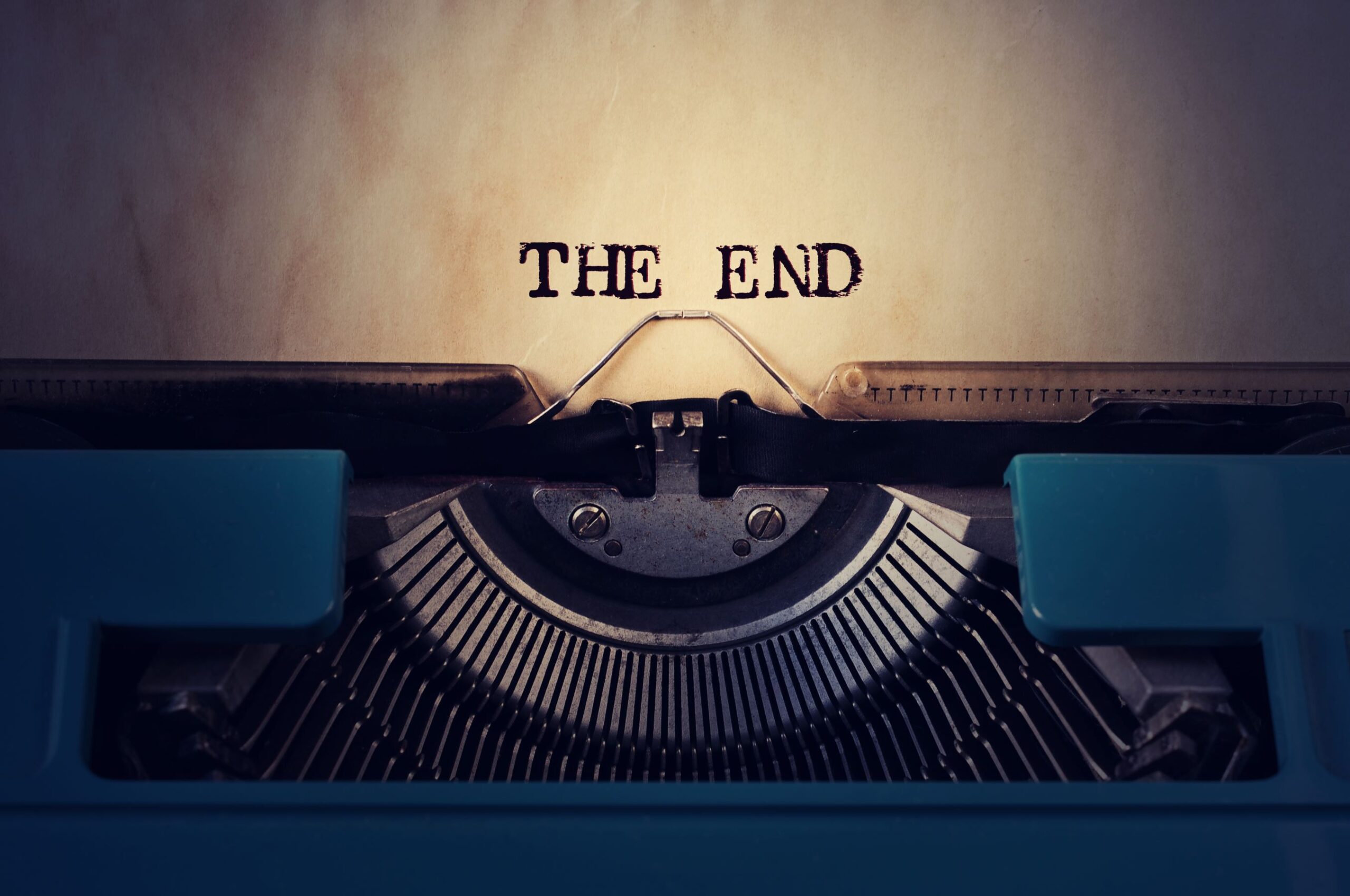
(Shutterstock)
I once heard a Hallmark creativity czar give a presentation about productivity in which he emphasized the peril of “false endings.” You know them: those glorious moments of self-deception when you decide, “I’m almost done!” and the angst begins to dissipate. Your muscles unclench, and you taste sweet leisure on the tip of your tongue.
And then you find a big mistake, or discover that you left out a necessary chunk, or reread your fine prose and realize it is gibberish. Now the angst is far worse, because it is mixed with crushing disappointment and a tinge of bile. Returning to the keyboard, you are overwhelmed by fatigue, frustration, disgust at whatever you are working on, frustration with yourself for being fooled and missing the obvious.
False endings are not automatically bad. When you are enjoying (if that can ever be the right verb) a horror flick, a false ending can lull you into a sense of security the director then has sadistic fun shattering. The monster’s still alive! A book or song can trick you, too, causing you to let down your guard or decide all is lost, only to be reeled back in for a delightful surprise. Or an entertainer can insist there will be no encores, walk offstage for an agonizingly long time, then return and win thunderous applause by doing the encore after all.
All of that is great fun. But when you are the one doing the work, trying to fix or make or create, false endings cease to be fun. Instead, they are dangerous, because they hold out false hope.
I kept that Hallmark guy’s wisdom in my head for decades, and I learned to stop grabbing at the dangled bait, watching the project clock, measuring how much longer I would need to labor. I let endings surprise me. The trick? I keep reminding myself (by now it is subconscious) that there will be more to do, more to do, check, revise—and then the realization dawns all by itself. Ah, I can stop! Quick, the snacks and my Netflix list!
This is a better way to live. But there is another sort of false ending, one I have not yet learned to avoid. This one is not driven by boredom, laziness, or overeagerness. Rather, it is a sort of premature grieving.
I thought I had lost my innocence when I lost my virginity. Years later, truly in love for the first time, I felt fresh and young and new again, washed clean by the immensity of those feelings, and a wiser sort of innocence flooded back.
Pain persuaded me that I had lost any chance of free and easy movement. By age thirty, I felt like I was seventy-five. Then a congenital hip problem was diagnosed and the joint was replaced and now I walk miles a day and hike steep hills.
Thrilled by the loss of pain, I was doubly dismayed when my knees got creaky. Ah, this is the end of middle age, I told myself. Arthritis waited until I had my shiny new hip and then crept into my knees while I was sleeping, and now I will be in misery every morning, every rainy day, every time I exercise or walk or bend…. Then I figured out that the right sort of exercise canceled the creaking, and I felt young all over again.
I was still worried about my memory, though, because cybersecurity had me toggling between texts, password saver, and website, trying to remember numeric codes. The beginning of the end, I told myself whenever I had to toggle back a second time to double-check the number. Same with the slight tremble when I stroked liquid eyeliner onto the top lid—the old smooth line was a little jagged now. Time to switch to a jumbo eyeliner crayon, I muttered, cursing. And painting, with watercolor, highlights in the tiny pupils in the eyes of tiny dogs? Goodbye sight, dexterity, steadiness, memory, all those things they say are the province of youth….
Not yet, though. As it turned out, the more security codes they threw at me, the better my memory for numbers became. I stuck with the liquid eyeliner and my fingers found a new steadiness. I bought a smaller paintbrush and nailed the highlights.
The body compensates, and when it cannot, tools will. When I cannot do something exactly as I always did it, I panic. Well, that is the end of that, I announce with a heavy sigh, forgetting that I might find a new way, or the problem might dissolve all by itself. Society’s ills affect me the same way, prompting me to give up too soon. Just when I was ready to mourn democracy, the country pulled it together again.
So where is my faith—in my body, in my nation, in human resilience? I dread endings so much, I rush them. Told that someone I love has a deadly cancer, I begin grieving immediately—while they are still alive and fighting. When my husband talks about what we would do in some apocalyptic disaster or fascist takeover, I shut down, muttering that I would rather be dead than live in such conditions.
But would I? What if that, too, was a false ending, and a little courage could see us through?
Read more by Jeannette Cooperman here.
